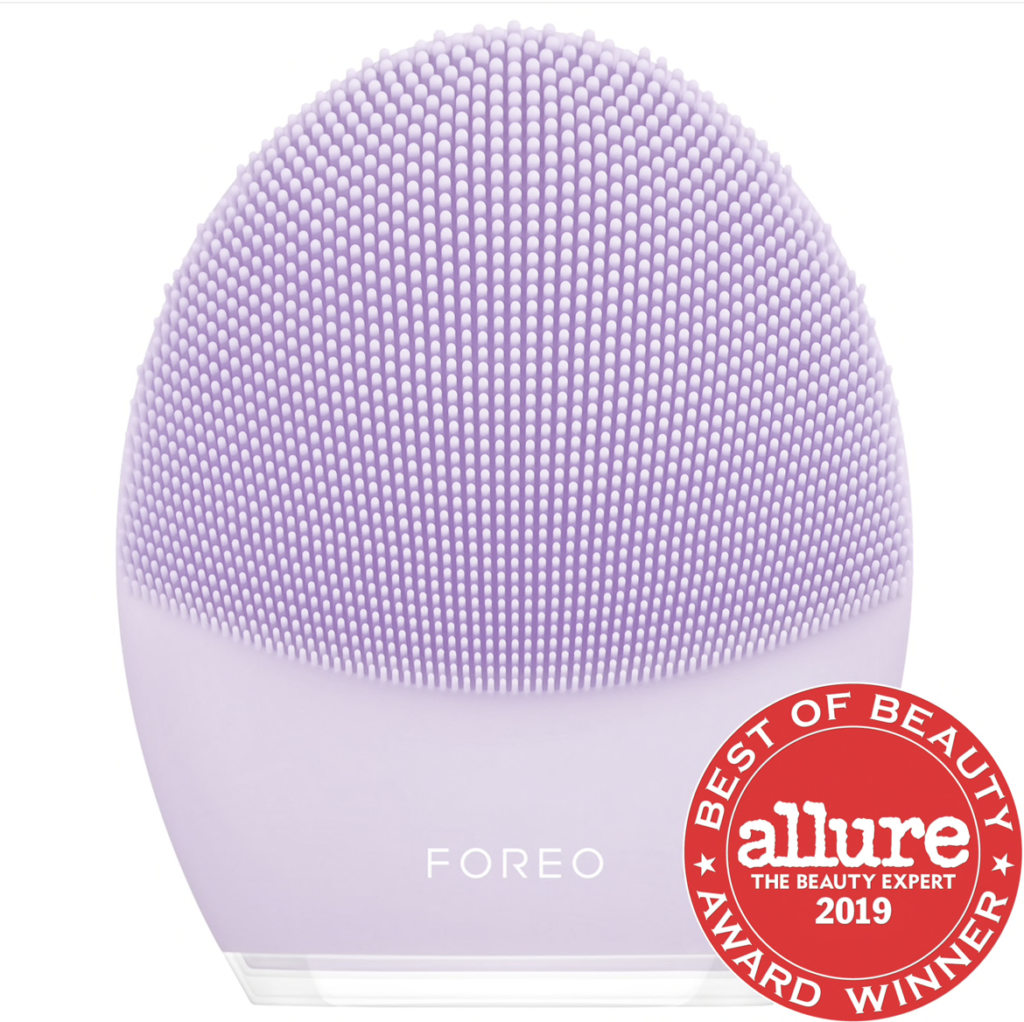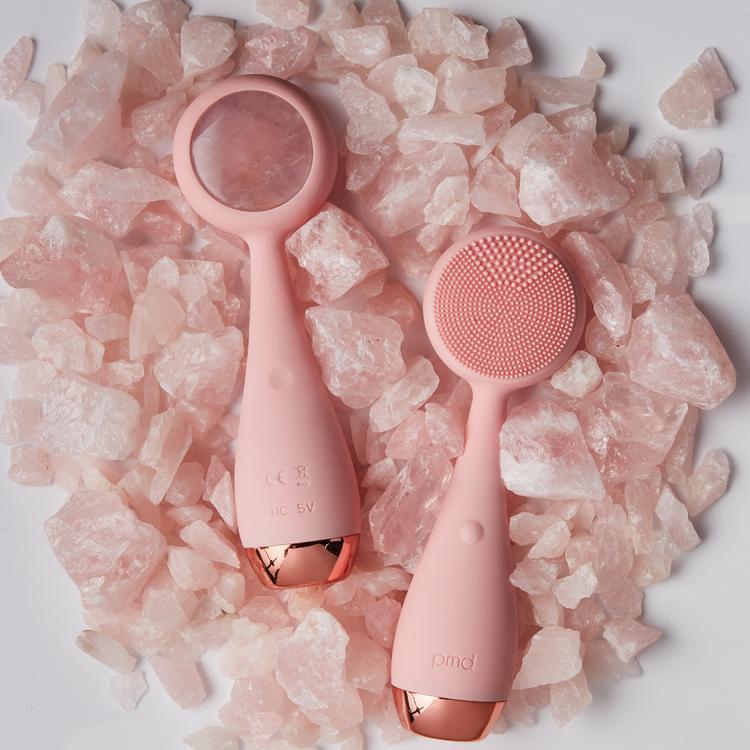Common Skin Concerns During Pregnancy
We hear a lot about that pregnancy glow. But having a bun in the oven can actually do a number on your skin — we’re talking pregnancy acne, stretch marks, moody skin and more. Below are some of the most common skin issues that arise during pregnancy, along with some product recommendations and tips to tackle them. Maybe you’ll get that glow after all… ✨
1. Pregnancy Acne
If you haven’t had a zit since high school, brace yourself — your hormones are going to play tricks on your skin, and you may find yourself breaking out like a 12-year old. During the first and second trimesters, surges of hormones called androgens may trigger breakouts, while higher progesterone levels at the beginning of pregnancy may cause your glands to secrete more oil, which can clog up pores and cause bacterial build-up. Not a pretty combo.
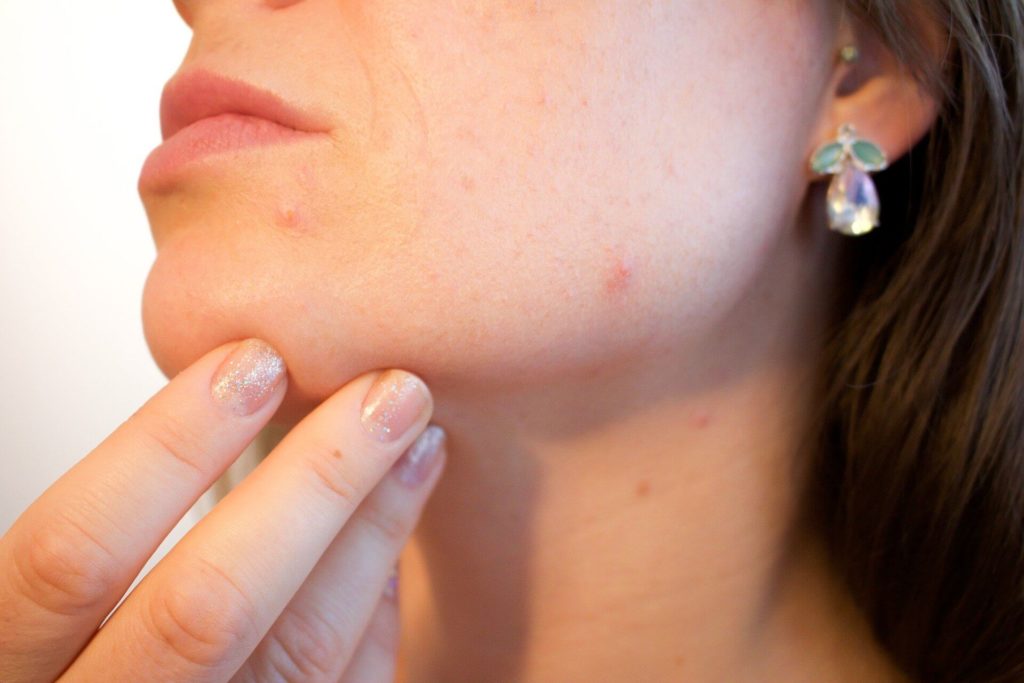
Your dermatologist can help you create a regimen that’s both pregnancy-safe and effective. In the meantime, the Skin Sisters recommend gentle cleansers, like Cerave Hydrating Cleanser, or Cetaphil Gentle Cleanser. These are inexpensive, easy to find, and great for regular use during pregnancy.
If you want to up your face washing game, a facial cleansing brush will be your friend. Not only do they help remove dirt, oil, and makeup in a way that your hands can’t, they also offer the added benefit of exfoliation.
The Foreo is a cleansing and anti-aging device that promotes smoother, younger-looking skin! You can choose among a few devices that target specific skin types, from sensitive to oily. I personally love the fact that it’s silicone and that it doesn’t need any head attachment. It’s easy to clean, and you don’t need to keep buying new brushes. Plus, it provides a nice face massage, which is great if you’re after ra relaxing skincare routine.
The PMD Clean Pro Rose Quartz facial cleansing device is another fave of mine. The handle is a lot more ergonomic than the Foreo, thus making this tool much easier to use. The sonic vibrations help cleanse but also increase blood flow for an anti-aging benefit. The other side of this device boasts an active heat feature to dilate pores and to help your skin absorb your products more deeply, and a rose quartz stone to reduce inflammation and tension.
2. Roller coaster skin
Your skin may get mood swings. Like, teenager mood swings. One day, it will be dry and itchy, the next oily… and the constant fluctuation can make it tough to come up with (and stick to) a skincare routine you feel actually works.

The Skin Sisters recommend opting for lightweight moisturizers like PCA Skin Rebalance or Cerave PM lotion. They work well with changing skin without leaving a greasy feel. During this time of change, you’ll also want to apply your products with a gentle touch. It will help your skin stay calm and look great. You can also use a jade roller ever so gently to give your skin some much-needed TLC. Pro tip: if you’re suffering from insomnia (you are not alone!), keep it in the fridge to help de-puff under-eye bags!
3. Stretch marks
This is a big one, of course. While your likelihood of developing stretch marks is probably determined by your genetics, keeping your skin healthy and moisturized may minimize the risk of getting stretch marks to some degree. The Skin Sisters love Hatch Maternity Belly Oil and Pretty Mommies Mama’s Little Helper Bump & Body Butter.

Our own Heather Reed, amateur skincare aficionado and organic product expert, dealt with stretch marks when she was a teenager and was fully prepared to get them during pregnancy too. But she slathered herself in Zoe Organics products and came out on the other side of her pregnancies stretch mark free. She particularly loves the Body Butter.
4. Melasma
Have you noticed blotchy, brown patches on your face? You may have melasma, also known as the “pregnancy mask.” We consulted with Deborah Spalla, a certified expert in the Obagi medical line and founder of Skin Deep, on this to get her take. Melasma is usually the result of hormonal changes that amount to hyperpigmentation. You know that look you get when you tan unevenly? Yeah, it looks like that, and Deborah says it “can show up anywhere on the face — across the forehead, upper lip, cheeks…”
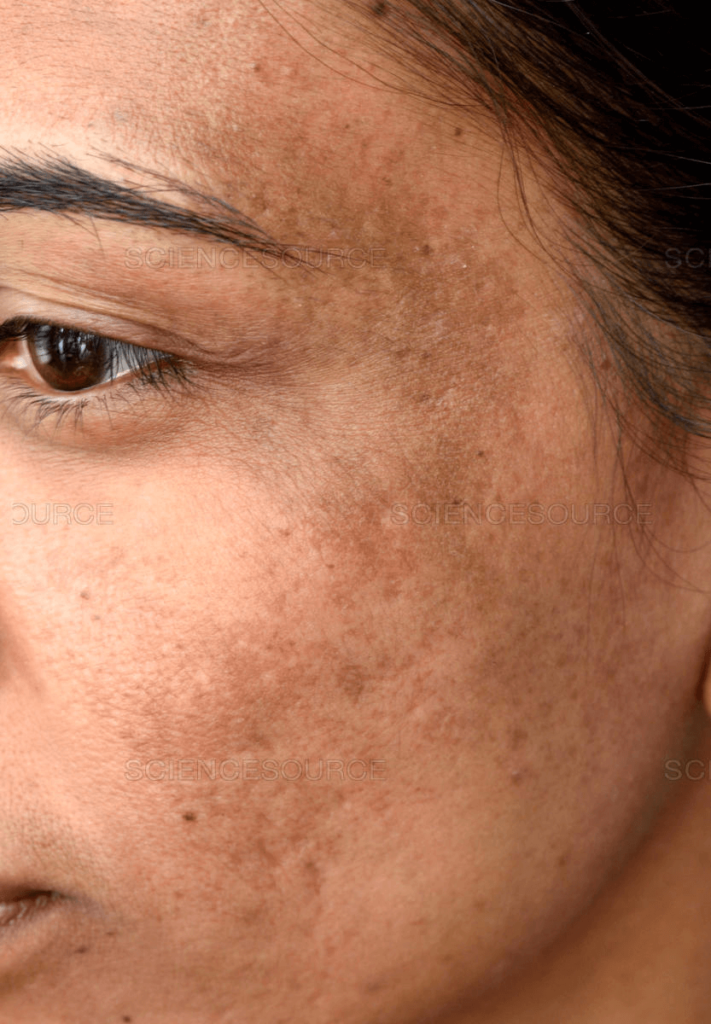
Sometimes, Deborah adds, melasma can clear up on its own after pregnancy, but sometimes you need to take some measures to fix it. Since you can’t use hydroquinone while you’re pregnant (or nursing), she recommends using sunscreen (for prevention) and antioxidants. They’ll protect your skin from harmful UV radiation (yes, sun exposure can make melasma worse) and can therefore prevent dark spots from, well, getting darker. Professional exfoliation, like microdermabrasion and dermaplaning, can also help.
A note on exfoliation during pregnancy from the Skin Sisters:
“Exfoliation is safe during pregnancy, but it does not prevent melasma. Instead, it gently removes dead skin cells to promote healthy skin cell turnover. This results in glowing skin, but does not affect melanocytes (the cells that produce pigment in melasma). Both dermaplaning and microdermabrasion should be done by a professional, especially during pregnancy.
Dermaplaning is a professional exfoliating treatment that removes dead skin and peach fuzz by way of scraping your skin with a surgical scalpel. In other words, dermaplaning = shaving your face for overall smoother and clearer skin.
Microdermabrasion is a non-invasive procedure that uses tiny crystals or other exfoliating surfaces to remove superficial layers of dead skin cells. This process tricks the body into replacing the lost skin cells with new ones, resulting in clearer, softer skin and more elasticity. “
5. Changing moles
Many women see new and changing moles during pregnancy, which is often due to fluctuating hormones. But still… don’t dismiss it. The Skin Sisters recommend having your dermatologist check any moles and make sure they’re (still) benign. And use sunscreen.
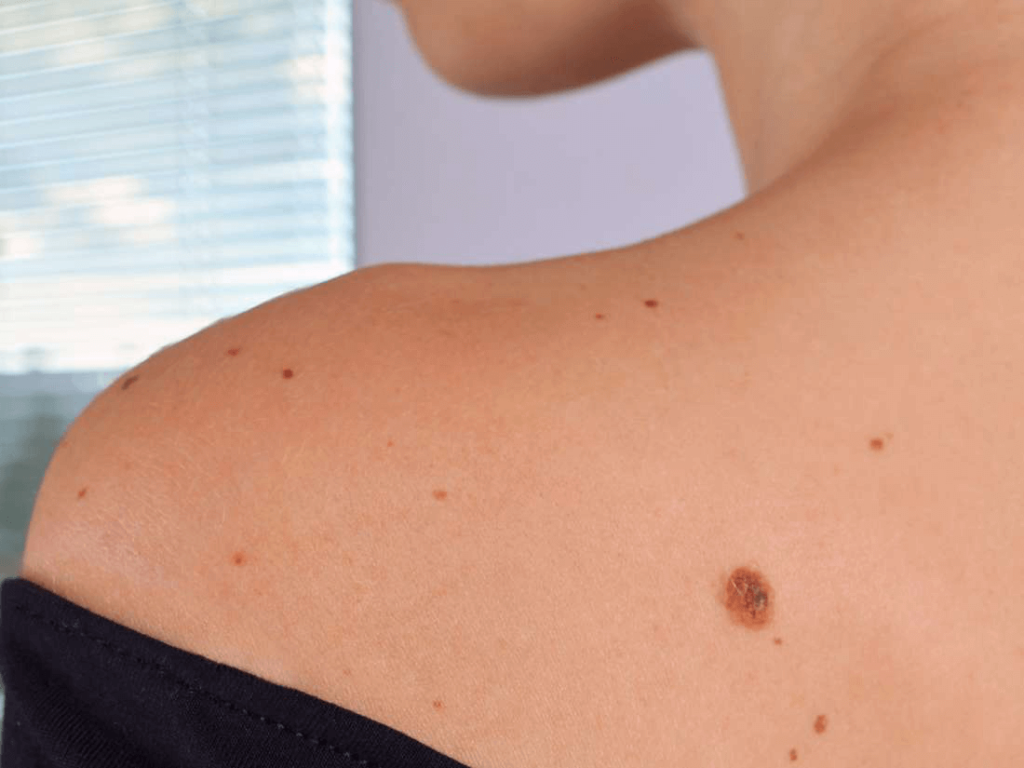
This of course applies to everyone, but Spalla says that using sunscreen will also help prevent issues like melasma and slow the skin’s aging process. She recommends using SPF between 30-50 UVA/UVB. According to her and the Skin Sisters, sunscreens with zinc oxide or titanium dioxide offer the best protection.
6. Spider and Varicose Veins
According to ACOG.org, “The weight and pressure of your uterus can decrease blood flow from your lower body and cause the veins in your legs to become swollen, sore, and blue. These are called varicose veins.”
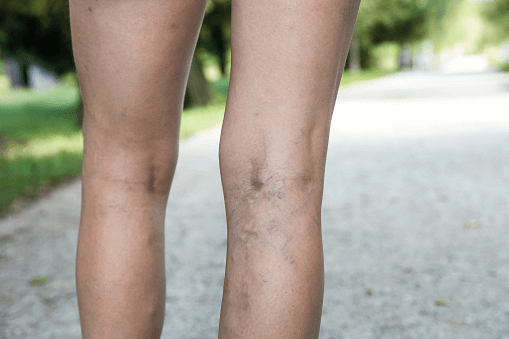
Though you can’t prevent varicose veins, there are measures you can take to alleviate them:
- Move around often — especially if you work in a job where you stand or sit for long periods.
- Avoid sitting with your legs crossed.
- Put your feet up!
- Exercise regularly.
- Wear support hose — your OB may even be able to prescribe you a heavy-duty pair (!).
- Drink a lot of water, and eat fiber-rich foods.
Now that we’ve covered the most common pregnancy-related skincare issues, let’s figure out what beauty ingredients you should avoid during pregnancy.
